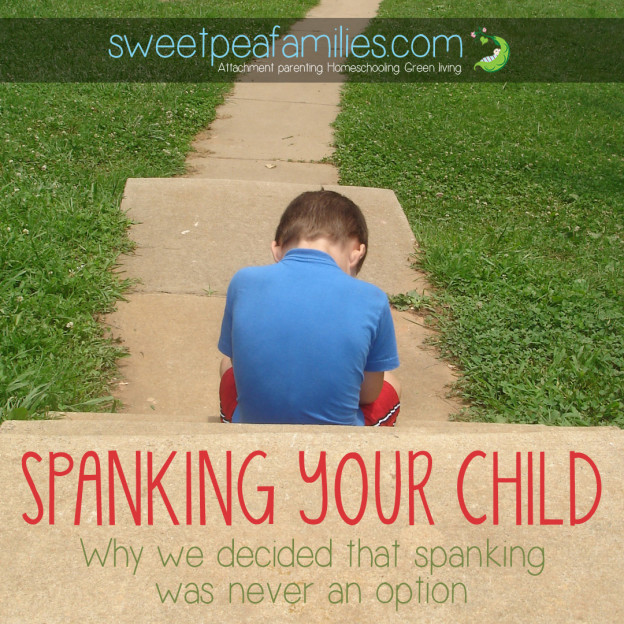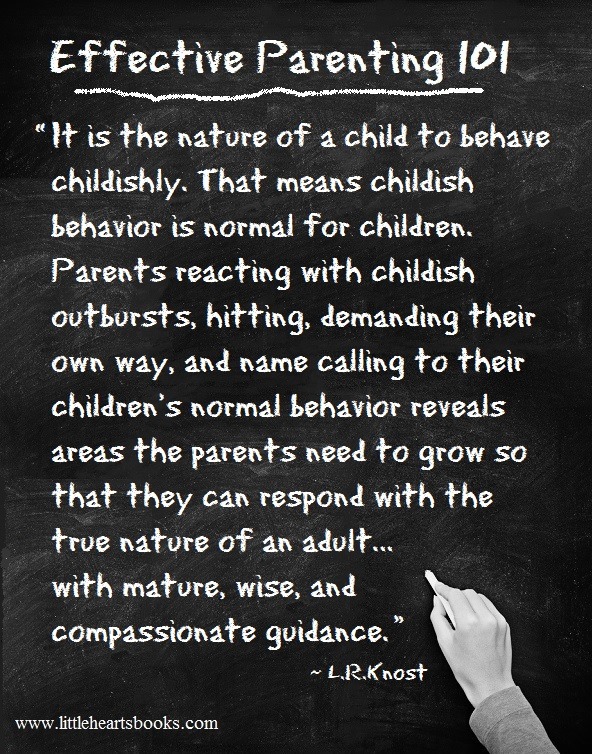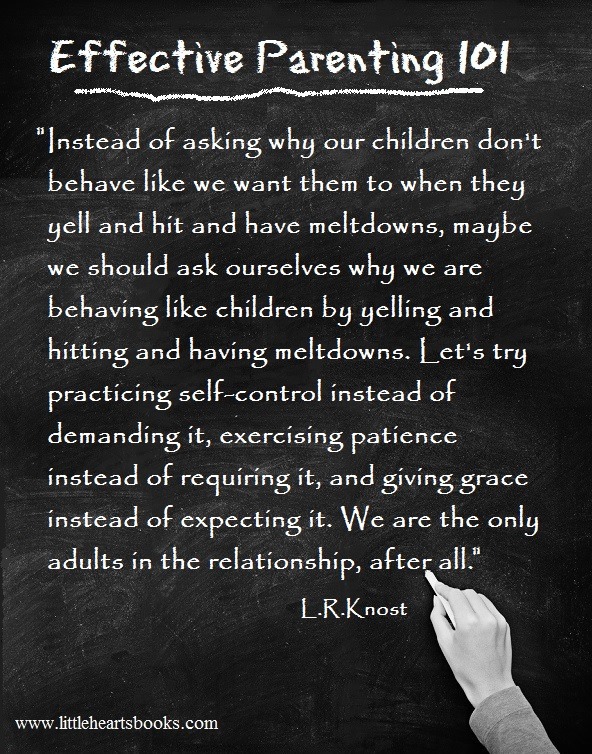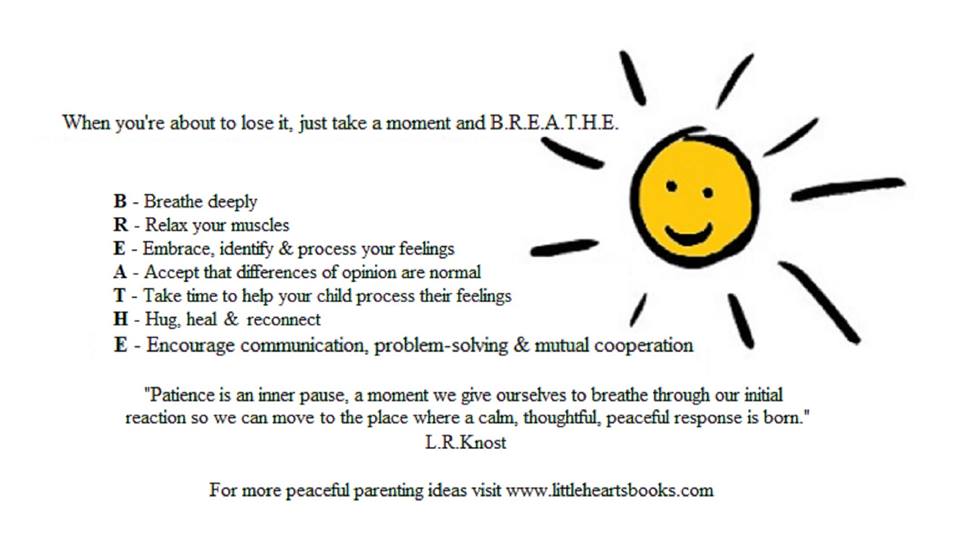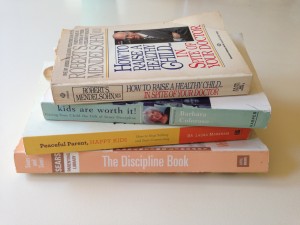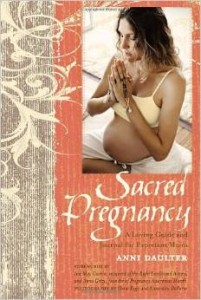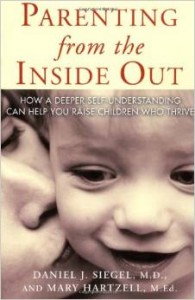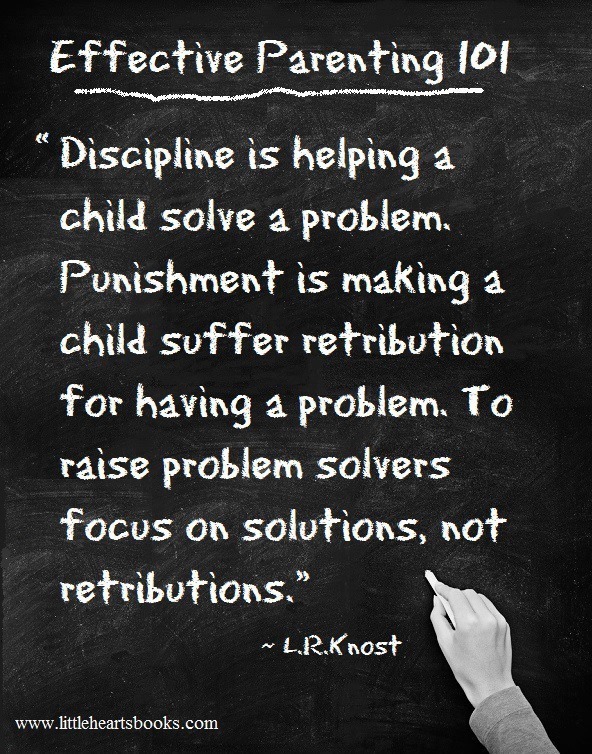
I recently met with a student who was having a hard time reconciling her mother’s instinct with the pressures from family and friends to parent in a more socially acceptable way. We had a long, heartfelt talk, and here are some of the “heart-lights” we had that I want to share with you.
If nothing else, remember that you alone are responsible for your child. You have to live with them, you alone will bear the joy and the guilt of all your decisions. Acknowledging and accepting that, know that trusting your instinct is right and worthy.
Parenting with the end goal in mind looks different than parenting decisions made for immediate behavior modification. Yelling when it’s not an emergency, hitting, slapping, intimidation, etc., will probably get your child to stop doing what they are doing or get them to do what you want them to do against their will. Taking the time to think about why you are seeing this behavior, asking ourselves if there is a way to change their focus or solve a problem takes time…and if your child is having a full-blown public nuclear meltdown, it may activate our own issues with “being a good/bad parent” or attracting attention, or our stories about acceptance and rejection.
It can be so hard to parent what I call the “long way” when your child is acting out. It is much easier to bargain, bribe, or force the outcome that is easiest in the short term. Going the long way means letting them cry or tantrum in public, taking the time to ask questions and listen to your child, try to figure out exactly what they need or find a solution, and then patiently see it through so that interactions are loving and peaceful. It may mean changing our plans and trying again another day.
Speaking specifically to the times when our children get loud, the goal of parent intervention is to stop the tears or the tantrum. We have stories deeply ingrained in our culture about parents who can’t control their children, and therein lies one of the problems. It is a mindful decision to treat them as little humans with their own set of feelings and desires, instead of chattel to control or do our will.
In my mind, the first thing we can examine as a culture is this idea of needing to control children. Why not start with changing the paradigm? Instead of “children that behave” why not shift the focus to “adults that can make decisions”? It means acknowledging that children are human beings that are going to need to learn to navigate life, with all its ups and downs.
When we start to parent with the idea that our children need to be equipped to be whole, loving, and capable humans when they leave our home, it may drastically change the reasons why we chose to do or not to do when the time comes to teach them the lessons that come with the situations that challenge them. With that mind, it gives us permission to parent them per what we feel is best for them. Each child is ready for different milestones at different times.
Here are some of the different areas of disagreement with heart-led parenting versus socially-based parenting that came up in our discussion.
Sleep:
Some children are ready to sleep on their own before they are a year old, other children need the warmth and comfort of a parent or sibling into early childhood or the elementary years. Would it help you to know that in other cultures, they consider our practice of tucking children in to sleep by themselves is considered neglectful and sad for the child? Read THIS article or THIS article by Dr. James McKenna on The Natural Child Project site, and THIS one on Fatherly.com (warning: the title is a bit abrasive).
Breastfeeding:
Oh the places you could go with this topic. Here is the information on the side of extended breastfeeding if that is your choice…
The American Academy of Pediatrics recommends that all children are breastfed at least until 6 months old, and to continue breastfeeding after that point – link HERE.
Drs. published a STUDY in March 2010 with these findings: If 90% of new mothers in the USA were breastfed just to the six-month mark, it would save $13 billion in healthcare and other costs – read more about that HERE
The World Health Organization recommends breastfeeding until a child is two years old…really!! Read their statement HERE
So there are three huge pros in your corner if you want to breastfeed, and continue past the 12-month “normal”. I hope you are encouraged to follow your own rhythm when it comes to breastfeeding your Sweet Pea.
Food:
This is the age of mindful eating. We know there are inflammatory foods (list HERE), we know the benefits of probiotics (links HERE and HERE), we know that when offered healthy food, children will eat it (read THIS fascinating study). It is okay to trust that if you consistently put healthy choices in front of your child, they will not starve, and they will eat healthy food.
So what if you don’t eat out at fast food restaurants, or it takes you five minutes to place your child’s order at a restaurant? You alone are your child’s advocate until they know what is good for them and know how to place their own order. And you will be so proud of seeing their healthy food choices and their awesome physical health when you see how they compare to their peers. They will spend more time in the classroom and less time in the doctor’s office when they eat healthy, whole food. It is worth it!!
Behavior modification:
Another loaded discussion. I would invite you to trust your mama bear instinct here. Also, try to address your own hang-ups about being a “good” parent and/or giving and receiving love.
This came roaring to a head for us when Otter was three years old. She went through this phase of hitting me when she was angry…and one day when I was tired and worn down and I couldn’t believe what came out of my mouth, “When you hit me, it makes me feel like you don’t love me.” That came from a deep and old place, a story that I had from my past. It validated why I do not want to hit our children, and made me even more dedicated to the theory of “gentle parenting”.
Here are some of my favorite parenting resources for you to explore:
Laura Markham – aha! parenting – gentle parenting resource
Janet Lansbury – gentle parenting resource
L.R. Knost – Little Hearts – gentle parenting resource
Positive Discipline – great ideas to help set boundaries and keep them without intimidation
Five Love Languages – discover what moves your family members, and then love them the way that speaks to their heart
What are your thoughts? What are other areas you feel heart-led about and you find hard to talk about or outright disagreements with your family or friends?

